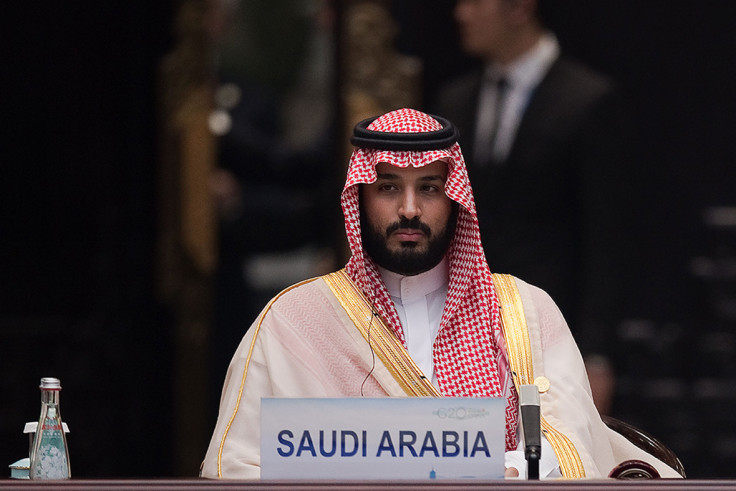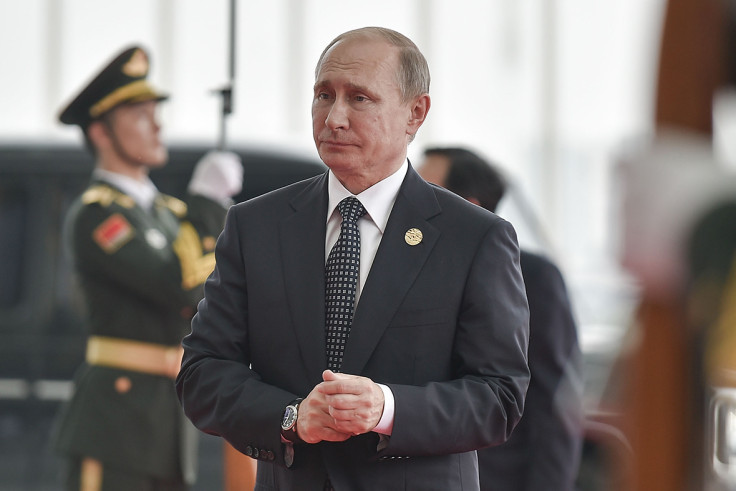Commodities Round-up: Oil spikes on Saudi-Russian G20 agreement on market stability
Futures rose by 1.5% after two of the world's leading producers agree to try to stabilise global supply.
Oil futures spiked by over 1.5% on Monday (5 September) after Saudi Arabia and Russia – two of the world's leading oil producers – said they would work towards seeking solutions aimed at stabilising global crude supplies.
With both countries collectively pumping over 20m barrels per day of oil between them, a statement issued at the G20 summit in China calling for cooperation to support oil markets by Moscow and Riyadh saw global benchmarks extend Friday's gains supported by Russian President Vladimir Putin's comments.
At 13:15 pm BST, the Brent front month futures contract was up 1.51% or ¢76 to $48.02 per barrel, while the West Texas Intermediate was up 1.69% or¢ 75 to $47.49 per barrel.
Despite the statement being low on details, Russian Energy Minister Alexander Novak and his Saudi counterpart Khalid al-Falih made clear their desire to support the "stability of the oil market ensuring a stable level of investment in the long term."
Novak added that the agreement was a "historic moment" between OPEC members, among whom Saudi Arabia is the largest of oil producers, and non-members, where Russia leads the way.

Saudi Arabia and Russia, along with other OPEC and non-OPEC producers, are scheduled to hold talks in Algiers on the sidelines of the International Energy Forum due to be held from 26 to 28 September.
Analysts at Vienna-based JBC Energy said the announcement appeared to be on the cards for much of the weekend. "It follows a meeting between Russian President Vladimir Putin and Saudi Deputy Crown Prince Mohammed bin Salman on the fringes of the G20 meeting in China.

"Market got further [demand-side] clarity, after China released data for its strategic petroleum reserve of crude oil, showing that the reserve had reached a level of 233m barrels at the beginning of 2016, up 43m barrels from mid-2015."
Analysts at ABN Amro said the development was indicative of the fact that yet another verbal intervention by major producers was needed to trigger a recovery towards $50 per barrel.
"If oil prices remain too low ahead of the [September] producers' meeting, there is a risk that at some point Russia and Saudi Arabia actually need to act. That would probably be the last thing they want as long as Iran is raising output."
Away from the oil market, precious metals headed higher after disappointing US non-farm payroll (NFP) data saw the immediate risk of a US interest rate hike recede.
At 1:06pm BST, Comex gold for December delivery rose 0.28% or $3.70 to $1,330.40 an ounce. FXTM research analyst Lukman Otunuga said gold benefitted as dollar bulls were left empty handed by Friday's NFP report.
"Soft US jobs data may have provided a strong reason for the Fed to remain on standby in September. For December to be a "live" meeting for the Fed to break the tradition of central bank caution, US data may have to repeatedly exceed expectations. Nonetheless, gold is zero yielding and the dollar connect makes it quite vulnerable to rate hike speculations."
Finally, Comex silver futures were 0.85% or ¢16 higher at $19.53 an ounce, spot platinum was up 0.78% or $8.31 to $1,072.15 an ounce.
© Copyright IBTimes 2025. All rights reserved.






















